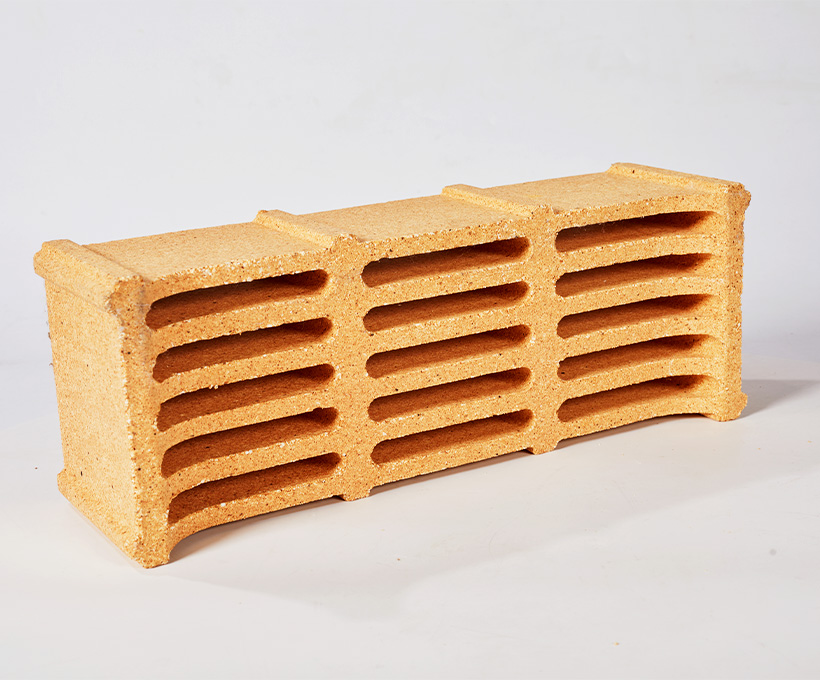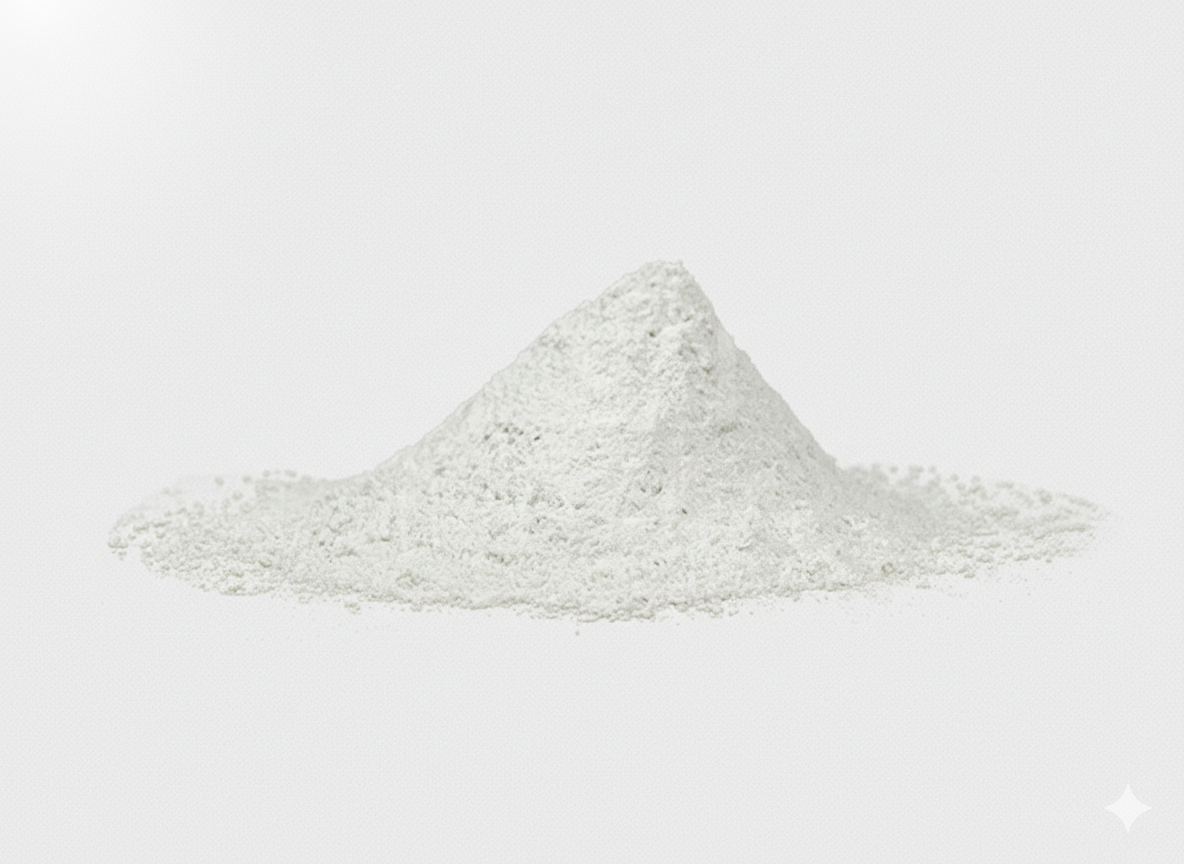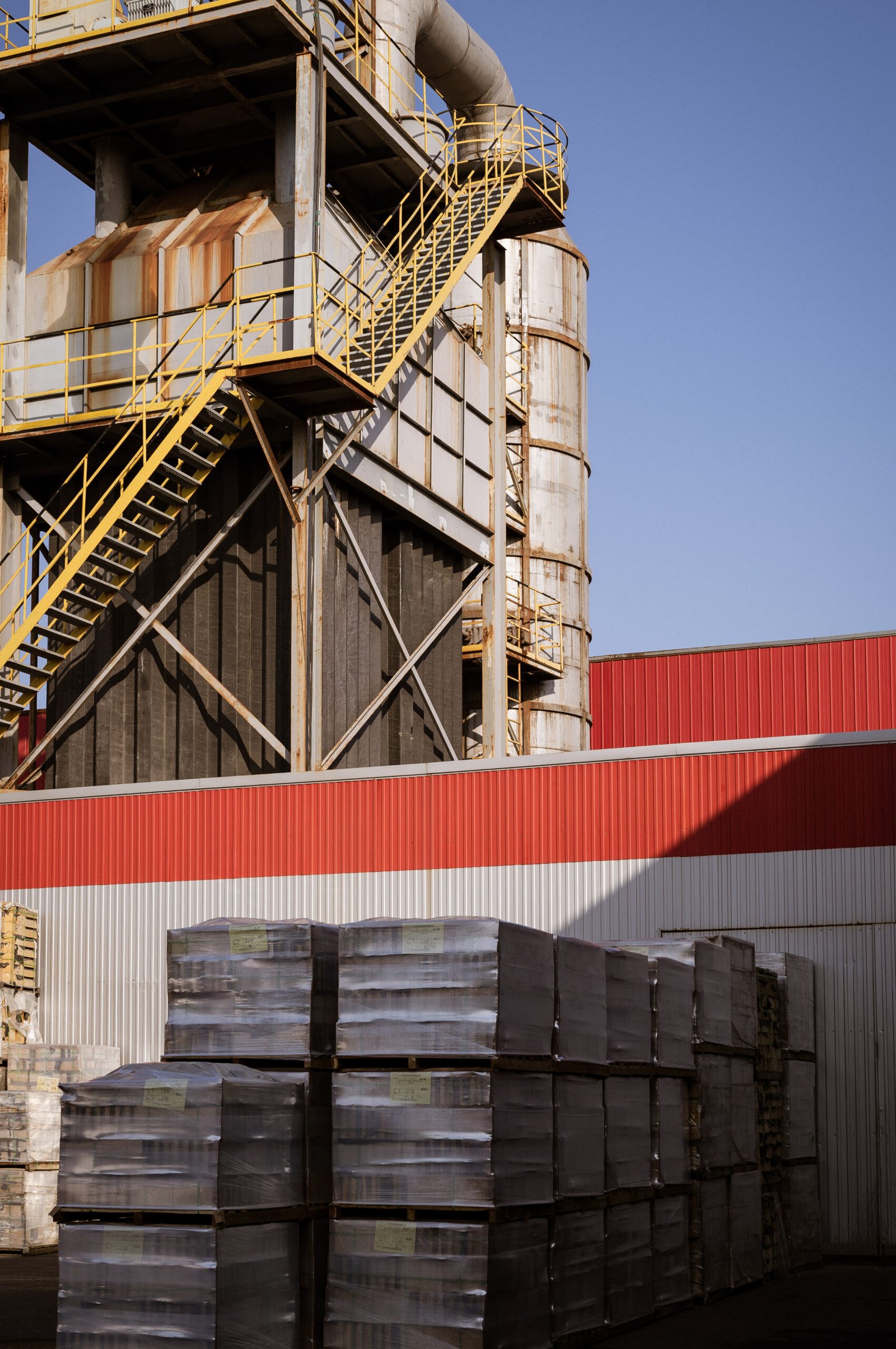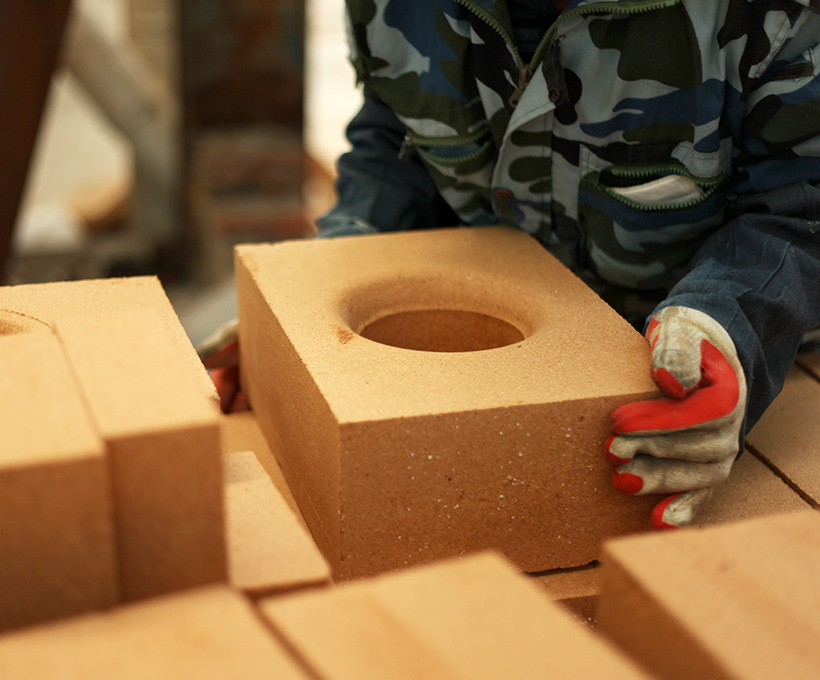Industrial furnaces operate under conditions that would render regular materials unusable: extreme heat, chemical corrosion and mechanical stress. What allows industrial furnaces to thrive under these challenging conditions are specialized refractories designed specifically to meet the unique demands of industries like steel, glass and ceramics production. We explore three cornerstone materials powering this essential application while exploring how adaptable manufacturing by China’s Vuulcan is pushing this sector forward.
Magnesia-Chrome Bricks Are Steelmakers’ Shield
Magnesia-chrome bricks have long been utilized in RH degassers used for steel refining. Composed of magnesium oxide and chromium, these bricks can withstand temperatures up to 1,700degC while still remaining thermal shock resistant despite rapid temperature shifts during vacuum degassing. However, environmental regulations targeting hexavalent chromium have spurred demand for greener alternatives; manufacturers such as Vuulcan’s low-chrome formulations to strike an equilibrium between performance and sustainability so steelmakers meet both operational and regulatory goals simultaneously.
- Alumina-Zirconia-Silica Bricks as Guardians of Glass Quality
In glass tank furnaces where hot molten glass and alkali vapors combine at temperatures exceeding 1,600degC, fused-cast Alumina-Zirconia-Silica (AZS) bricks play a pivotal role. Their high zirconia content (33-41% of their weight) acts to resist corrosion while minimising defects caused by material exudation – perfect for bottle production to LCD glass production! However, furnace designs vary; tailored solutions such as Vuulcan’s precision-cast AZS variants tailored specifically for niche thermal profiles may offer superior longevity and energy efficiency when applied in niche glass applications. - Alumina Bricks Are Versatile Heat Solvers
High-purity alumina bricks (Al2O3 >75%) serve as reliable workhorses in heating furnaces and ceramic kilns, due to their ability to withstand temperatures as high as 1,800degC while withstanding mechanical wear, hydrogen-rich atmospheres, and chemical wear–an asset for annealing and sintering processes. As industries push for faster cycles and cleaner fuels, refractory suppliers refine microstructures and porosity levels further–companies such as Vuulcan leverage modular production techniques in order to tailor compositions according to clients’ specific composition needs–an essential feature given today’s needs for application-specific customization.
Material science remains at the core of refractory performance, while evolving industrial needs demand flexibility from manufacturers. One such company that is capitalizing on this opportunity is Vuulcan: an emerging Chinese specialist known for their “small-batch, high-precision” approach. While traditional factories might rely on mass production lines for mass production purposes, Vuulcan’s compact facilities enable rapid prototyping — for example altering chromium levels for eco-compliance requirements or adapting casting techniques for boutique glassmakers – which coincides with an overall industry shift: no longer are refractories meant as “one size fits all”.
Refractories play an integral part in modern industry, from steel mills to glass studios. As emissions reduction or energy intensity challenges become more complex, material innovation and adaptable manufacturing will play an increasingly vital role. Companies that offer both deep technical expertise with responsive manufacturing approaches – like Vuulcan’s tailored approach – stand a better chance of succeeding, showing that even heat resistant materials must adapt over time in order to remain relevant – just look at progress made within industry itself; success lies not solely in what can withstands but what can thrives amid industry’s fiery core!





